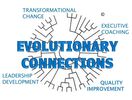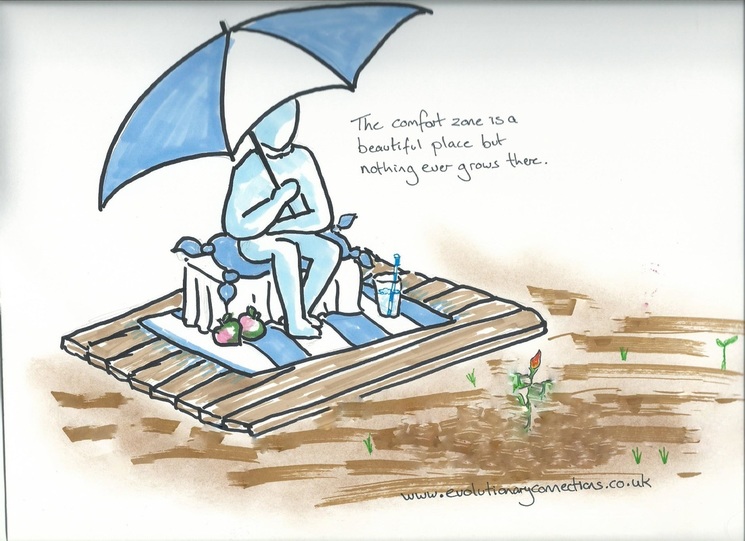Why transformational change?Transformational change is different to the developmental and transitional changes we dealt with in the past. Previous work has often been about doing the same but better or more efficiently; or to project manage the move to a new carefully defined state. The current challenges of a complex system mean we must adopt a strategy and move to change without a predetermined detailed future state. Its very healthy for people to be concerned about changes to things they value and see as very important. Organisations, staff and the people and communities they work with must learn and design together as they go. New mindsets and behaviors are required to do this and an organisational culture must emerge that can sustain this way of working. This sort of change impacts on people at a very personal level so it is vital that people are not just consulted but are really engaged. Working on the edge of uncertainty requires leaders with courage and resilience and there are also evidence based tools and techniques that deliver results.
|
Peter Senge



